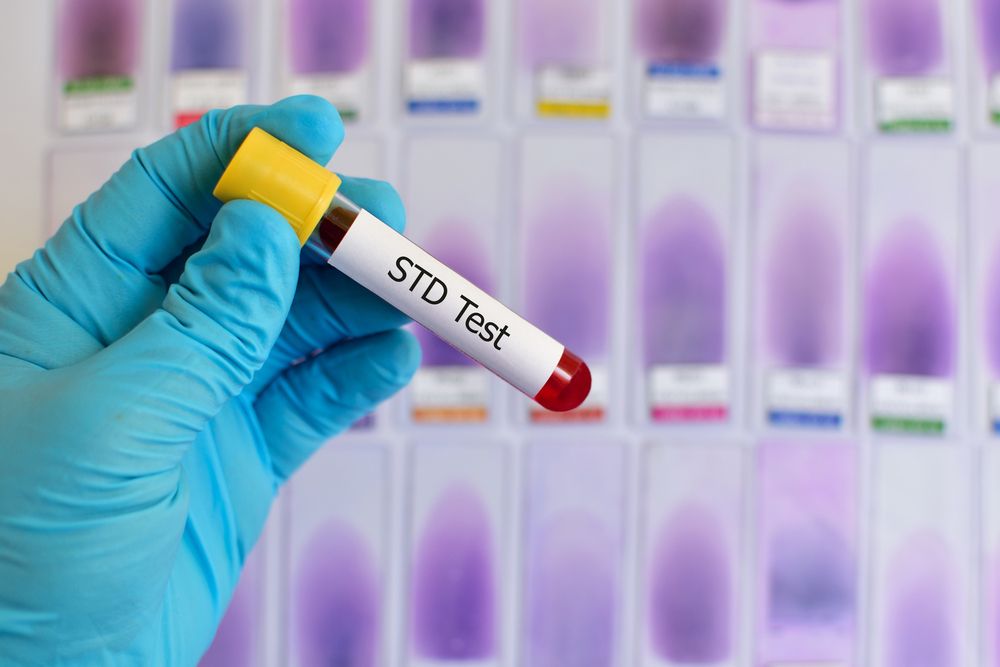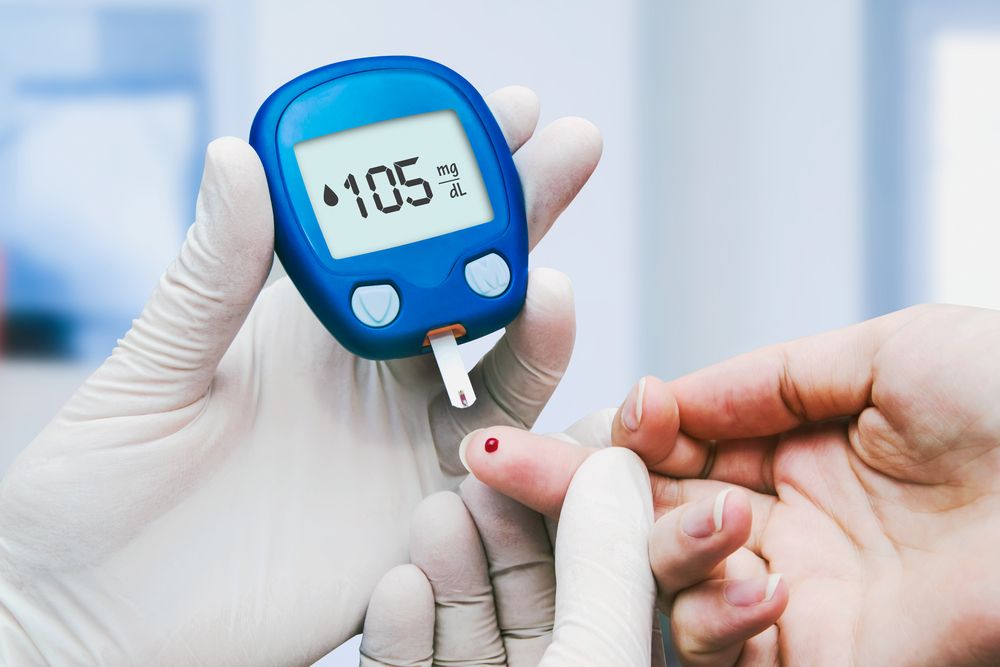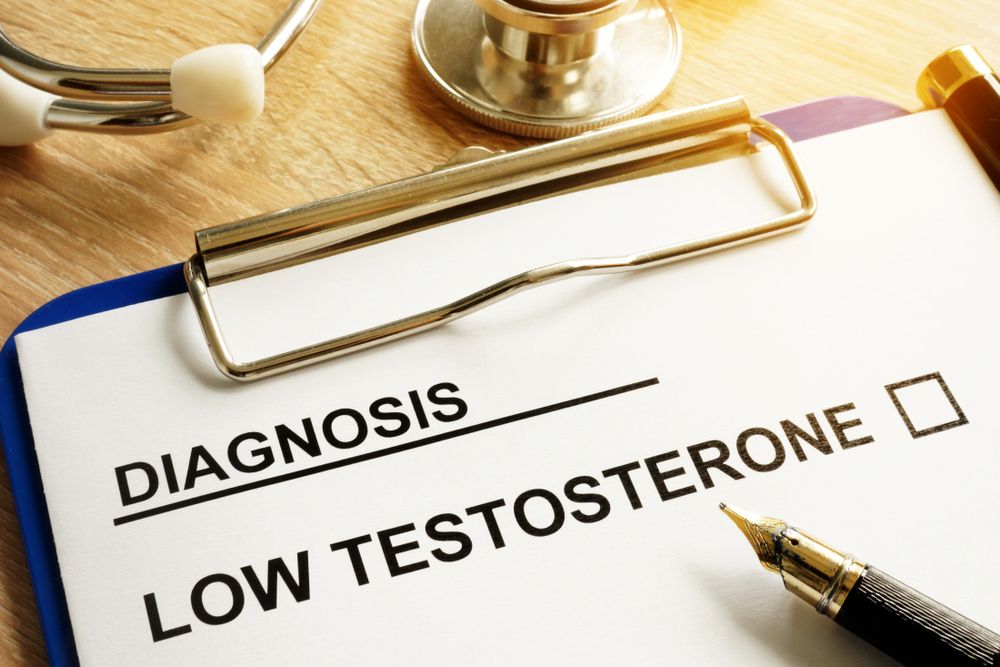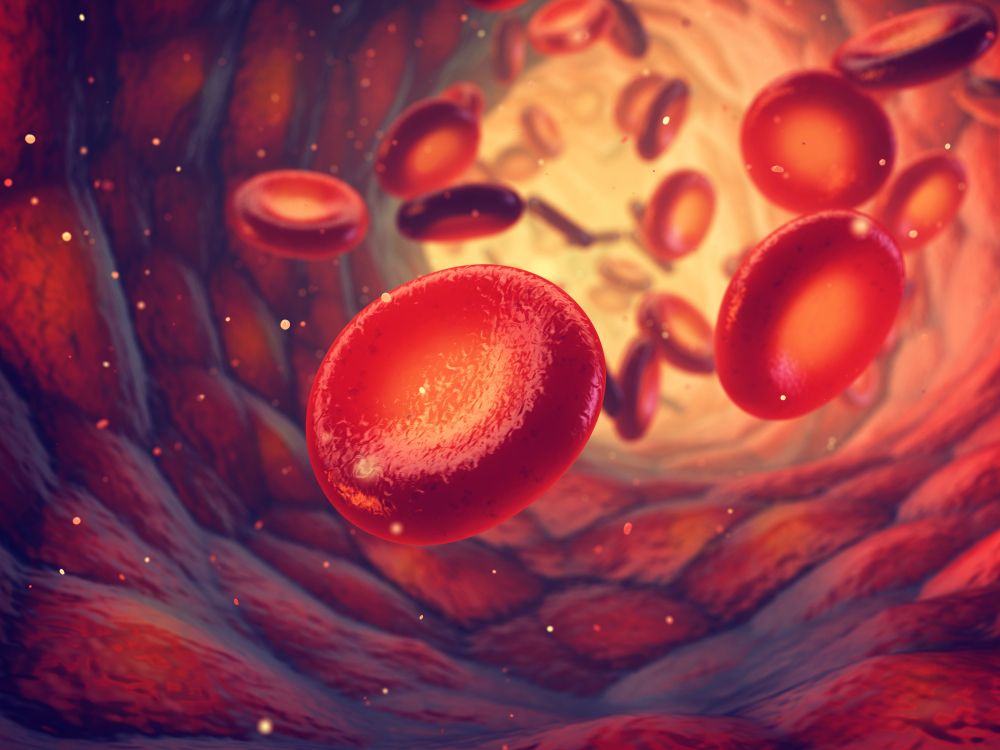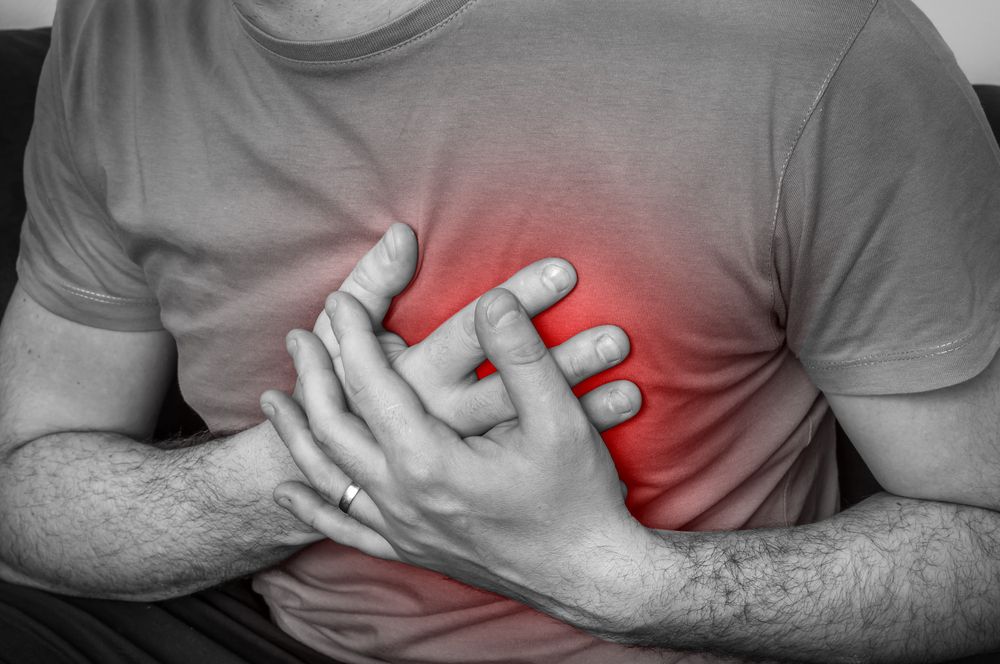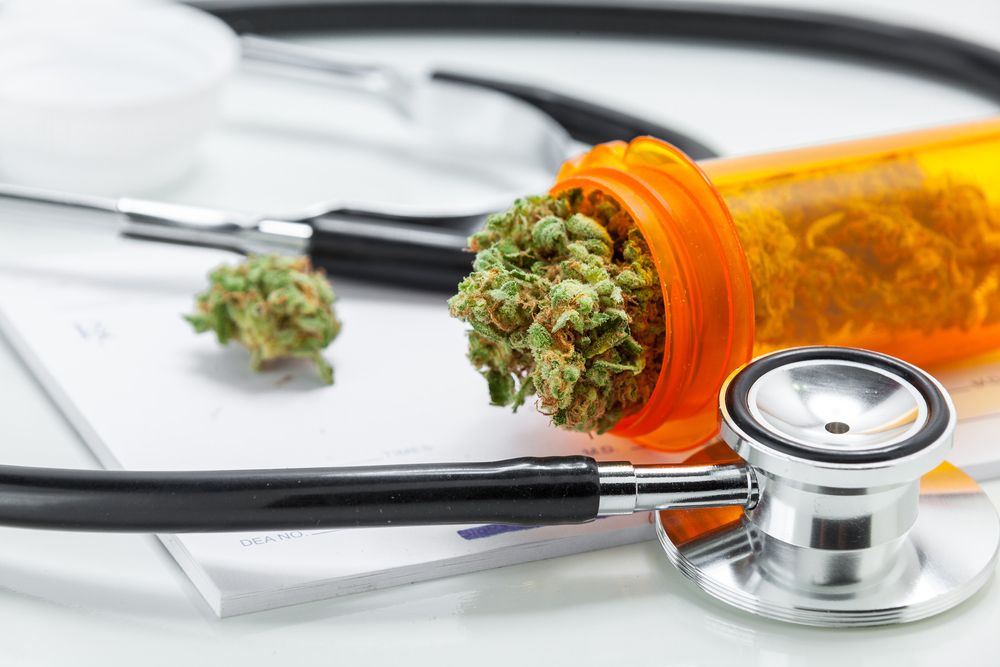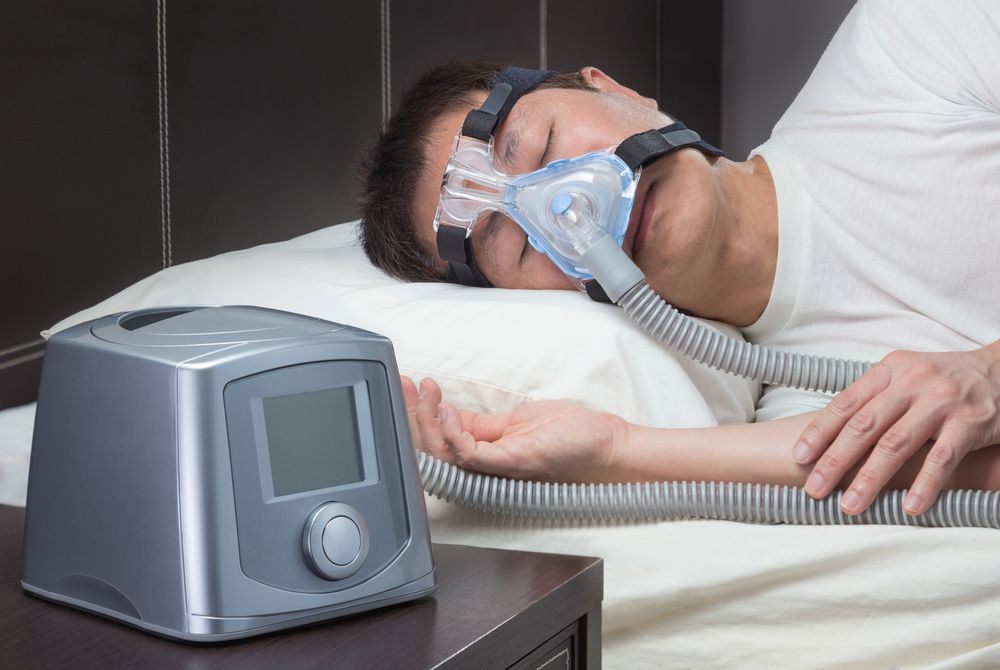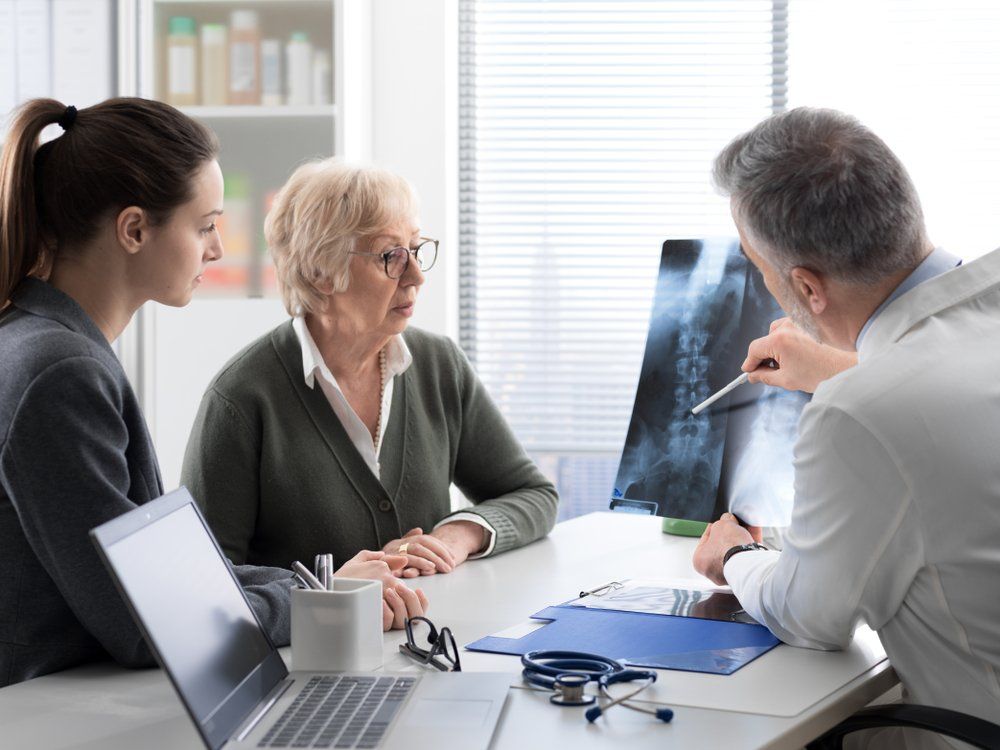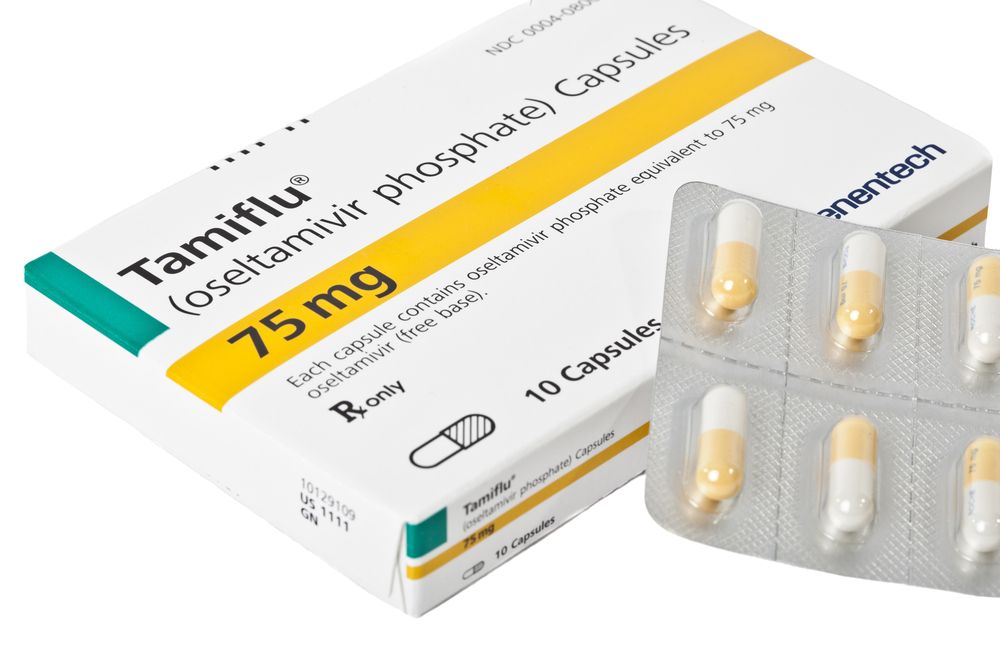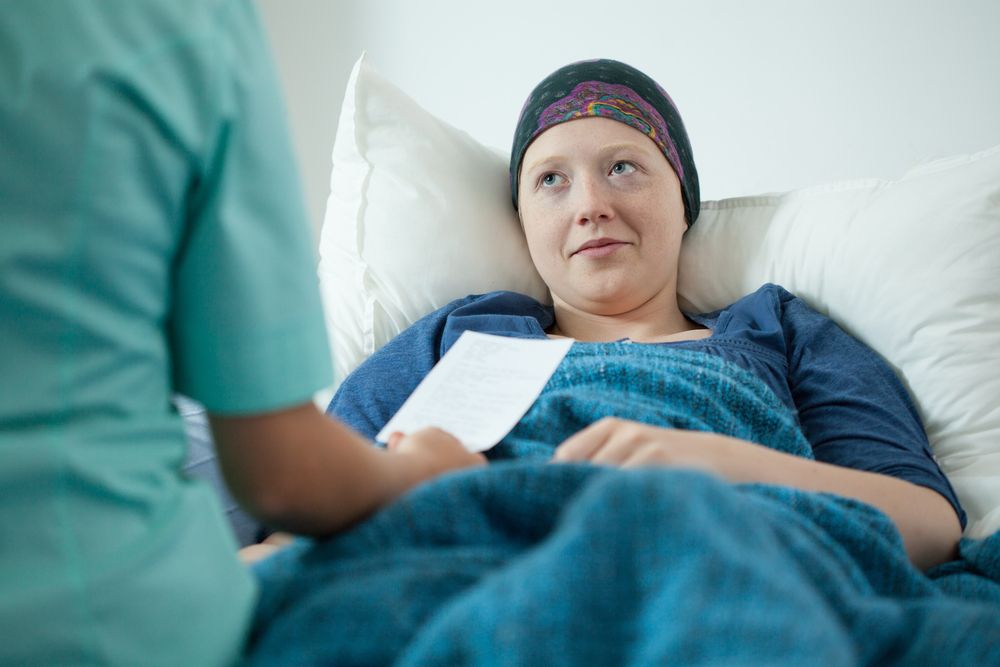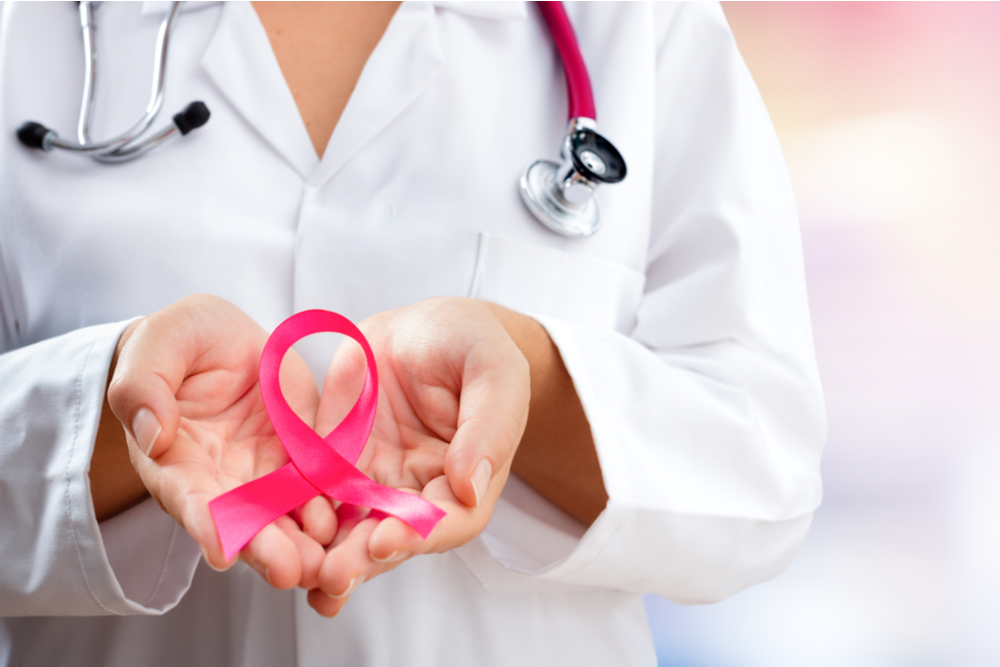Trichomoniasis is a common STD caused by a parasite that often doesn’t produce any symptoms. However, it can spread even if a person doesn’t show symptoms, so it is more common than many people realize.
When they do present, symptoms tend to be uncomfortable but not life-threatening. The infection can put pregnancies at risk of preterm birth and result in babies being born underweight. (Learn More — Trichomoniasis)
There are two medications typically used to treat trichomoniasis: Metronidazole and tinidazole. These are usually taken in one large dose, although that is not always the case. These medications can have some uncomfortable side effects, and in rare cases, severe side effects may warrant calling the doctor or even 911. (Learn More — Medication Treatment)
Proper use of condoms and openly talking about one’s sexual history before having sex can help reduce the spread of infections. If you think you may be at risk of having contracted trichomoniasis, talk to your doctor about getting tested. (Learn More — Prevention)
While it is generally not dangerous, except in cases where it can cause complications with pregnancy, public awareness of trichomoniasis is relatively low given how common it is. Whether one should be concerned about this disease is debatable, but it is an STD that should be on your radar, especially if you are pregnant. (Learn More — Should People Be Concerned About Trichomoniasis?)
Trichomoniasis
Trichomoniasis is a surprisingly common sexually transmitted disease (STD): In the United States, there are an estimated 3.7 million people who are infected. According to the CDC, only about 30% of infected people actually show any symptoms (which contributes to its ability to spread).
The infection is more common among men than women, although both can contract it. Among women, trichomoniasis is most common in older demographics.
The infection is caused by the Trichomonas vaginalis parasite. Despite its name, these parasites can spread to both male and female genitalia, although it is rare for it to affect other parts of the body like the hands, mouth, or anus.
While the remaining 70% of infected people show no symptoms, they can still spread the disease. Symptoms vary according to gender.
- Men experience:
- Burning after urination and/or ejaculation
- Itching or irritation inside the penis (generally the urethra)
- Discharge
- Women experience:

- Discomfort during urination
- Itching, burning, redness, soreness, or other discomfort around the genitals
- Clear, white, yellowish, or greenish vaginal discharge with a fishy smell
These symptoms can increase your risk of getting or spreading other sexually transmitted infections. Additionally, pregnant people with trichomoniasis are more likely to deliver a baby that is preterm and/or underweight.
This disease cannot be diagnosed based on its symptoms alone. It requires a basic lab test and examination from your doctor.
If you or any of your sexual partners have trichomoniasis, anyone you have been sexually involved with should get tested as well, even if they show no symptoms. This is a good rule of thumb for any STD.
Medication Treatment
The typical treatment for trichomoniasis is one megadose (a single large dose) of either metronidazole (MetroCream, Noritate, Nuvessa) or tinidazole (Tindamax). The dosing is sometimes split up and taken two times a day for seven days.
While both medications are generally safe, they still have side effects that should be understood before you take them. Given how quickly a course of this medication is completed, you are unlikely to deal with its side effects for long. In rare cases, side effects can be serious enough that they warrant a call to your doctor immediately.
The following are the most common side effects for both medications:
- Metronidazole
- Dizziness or generally perceiving movement that is not happening
- Heartburn
- Cramping
- Sleep problems
- Tinidazole
- Bitter or metallic taste in the mouth
- Heartburn
- Gastrointestinal issues, including gas, constipation, indigestion, and heartburn
If any of the above side effects are long-lasting or severe, contact your doctor. The following are less-common side effects that warrant calling your doctor, even if they do not seem immediately life-threatening:
- Metronidazole
- Vision problems
- Confusion
- Personality changes
- Unsteadiness
- Speech problems
- Vomiting
- Weakness in the limbs, hands, or feet
- Back pain or stiffness
- Drowsiness
- Hallucinations
- Seizures
- Tinidazole
- Shifts in consciousness, such as fading in and out or losing consciousness
- Coughing
- Trouble breathing
- Tightness in your chest
Both metronidazole and tinidazole have other symptoms that are worrisome but extremely rare, such as bleeding of the gums, darkening of the urine, or loss of bladder control. You should talk to your doctor about what to expect from your medication and what warrants an emergency phone call.
If you are experiencing a symptom that is not mentioned above, contact your doctor to make sure you are okay. If your symptoms seem extremely severe or potentially life-threatening, always call 911 instead of your doctor, just to make sure you receive care as quickly as possible.
Prevention
The only guaranteed way to prevent contracting an STD beyond a shadow of a doubt is abstinence. This is especially true regarding trichomoniasis, where it is very possible for a partner to have it and not even realize it.
 Always practice safe sex. The correct use of latex condoms can reduce the risk of infection, as can making sure all of your partners (and any partners they have engaged with) are tested and free of STDs.
Always practice safe sex. The correct use of latex condoms can reduce the risk of infection, as can making sure all of your partners (and any partners they have engaged with) are tested and free of STDs.
If you’ve been treated for trichomoniasis, you should wait for 7 to 10 days after everyone who is at risk has been tested and treated as necessary before having sex again. This provides enough time for the infection to completely die off.
One in five people will get infected again within three months after receiving treatment, generally through some combination of having sex too early or having sex with a partner who did not get treated. Sometimes, a partner who did get treated or was not previously infected has sex with an infected individual, causing them to contract trichomoniasis and unintentionally expose you to the parasite again.
Honest and open communication about sexual history, including current partners and any STDs they may have (or have had in the past), can greatly diminish your risk of being reinfected with trichomoniasis.
Should People Be Concerned About Trichomoniasis?
With the exception of pregnant women, who are at risk of complications that could endanger their baby, trichomoniasis is not usually life-threatening on its own. If someone with trichomoniasis has sex with someone with another STD, like HIV, they may have an increased risk of infection.
While many people are aware of certain infections that don’t necessarily present symptoms immediately (like herpes), many people don’t know about trichomoniasis. While it may not be an immediate concern, you should definitely be concerned about trichomoniasis if you or your partner are pregnant.
The CDC has laid out a simple guide for STD testing recommendations, though trichomoniasis is not mentioned (most likely because it doesn’t tend to be life-threatening). If you have not had sex with anyone who is known to have trichomoniasis, you likely do not need to be tested. Talk to a doctor if you’re still concerned.
References
Trichomoniasis – CDC Fact Sheet. (January 31, 2017). Centers for Disease Control and Prevention.
Trichomoniasis: Symptoms & Causes. (May 4, 2018). Mayo Foundation for Medical Education and Research (MFMER).
Trichomoniasis: Diagnosis & Treatment. (May 4, 2018). Mayo Foundation for Medical Education and Research (MFMER).
Metronidazole (Oral Route). (August 1, 2019). Mayo Foundation for Medical Education and Research (MFMER).
Tinidazole (Oral Route). (July 1, 2019). Mayo Foundation for Medical Education and Research (MFMER).
Which STD Tests Should I Get? (June 30, 2014). Centers for Disease Control and Prevention.

